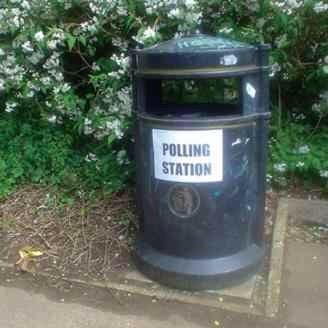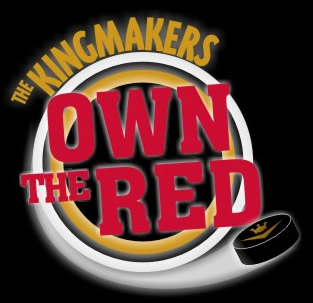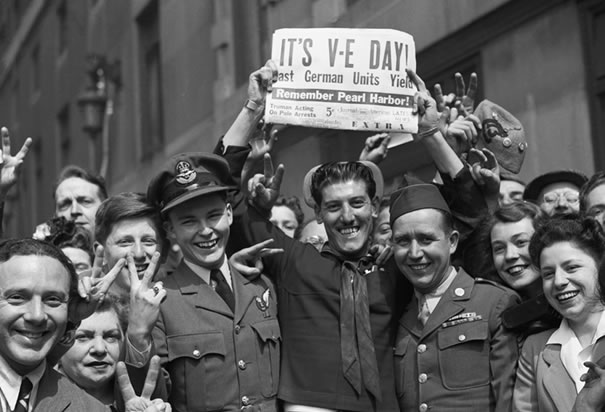‘Overall, television coverage of the whole election has not covered itself, or anything else, in glory. Too often it has bought the line fed to it by pollsters and pundits on one hand and been childishly confrontational on the other.
This should be the last time that Television attempts to force the political reality into a preassigned format.
The BBC needs fewer gimmicks, more real journalists and a new helmsman; ITV needs to be less deferential to the BBC; Channel 4 needs to grow up.’
AA Gill in the Sunday Times today.
Listening to the BBC news in the car and I heard that Mandelson had pilloried Miliband for not laying out Labour’s plan for economic growth… the web report doesn’t quote him on growth but limits itself to this….
Comparing Labour’s economic strategy to a polo mint “with a great hole in the middle”, he said it gave the impression it was “for the poor, hate the rich, ignoring completely the vast swathe of the population who exist in between who do have values like ours”.
Mandelson’s words reminded me of something from earlier in the week that I let go by at the time, a Nicky Campbell debate on Tuesday in which he asks ‘Are the politicans failing to talk about the issues that are important to you?’
Now if he had asked that back say in January you might have thought yes, let’s stick our oar in and make ourselves heard but two days before the election, you have to be kidding!, and is the BBC really trying to lay the blame for a lack of debate over a wide range of subjects at the politician’s door?
Surely it was the BBC’s job to broaden the debate and ask those relevant questions about subjects the politicians want to skirt around such as education, foreign policy and immigration…and yes Labour’s plans for growth….the one subject they did want to get their teeth into was the Tory’s plans for welfare reforms and the £12 bn of savings/cuts….funny that.
The BBC had a bad election as I said before….it showed clear bias in what subjects it concentrated on, who got the headlines and who it sought to undermine….but it also had a bad election in its role as a news and current affairs broadcaster just from a professional point of view, failing to explore all the issues and challenge the politicans of all colours and creeds about them. It had a very lazy election.
Just as Mandelson says Labour was intent solely on bashing the rich and presenting itself as the party of the poor the BBC followed the same agenda telling us that inequality was THE major political narrative of our time. How often did the BBC report from the poorest areas of a city or region, from foodbanks or concentrated on Zero Hour Contracts when such contracts make up a very small portion of the employment market and around 2/3rds of people on them are happy to be so? This was the BBC that painted the bleakest picture of the NHS as a failed or failing enterprise rather than having a balanced look at what it provides…certainly it is under strain but not as a result of Coaliton changes. Then we had the ‘living wage’, non-doms, the bedroom tax and the apparent lack of productivity.
All Labour policy concerns given headline status by the BBC.
What did the Tories get? The sole big Tory splash that I can remember the BBC going big on was the Tory NHS announcement…but that of course was only to try to rip it apart with claims that the promise was unfunded. However, despite a couple of interviews when Miliband was on the rack over his NHS plans, the BBC machine ignored the fact that Labour’s own plans were unfunded…the Mansion tax and tax avoidance money making schemes ridiculed by most commentators.
Labour promised to spend £2.5 billion above whatever the Tories promised….and yet even that £2.5 bn was, as said, unfunded….so how on earth would they fund the rest?
That takes us to growth and Labour’s lack of plans to increase it…central to funding all its promises, and especially in addressing the ‘living standards crisis’, unless they aimed to fund it all by soaking the rich…..where were the BBC questions asking about this important factor in Labour’s utopian dream? How was Labour going to fund that improvement in living standards that was the backbone of its attack on the Tories?
The IFS, led by a man with links to the Labour party, told us that Labour could make very few cuts, borrow more and still cut the deficit…just how would that work? The BBC didn’t ask. Even when the BBC did quote something from the IFS that criticised both parties the criticism of Labour was soon massaged out of the news.
The BBC failed both in its remit to be impartial and also just from a professional stand point…failing to explore the issues, failing to challenge the Parties on subjects they didn’t want to talk about and failing to really get what the Public thought important into the debate…which is all a bit ironic as the BBC claims it was at the heart of it all…
Election 2015: TV debates ‘most influential’ for voters
More than a third of voters were influenced by the TV debates between the political leaders in the run-up to the election, a survey has found.
According to a Panelbase survey of 3,019 people, 38% were influenced by the debates, 23% by TV news coverage and 10% by party political broadcasts.
The research group said TV was “by far the most influential media source”, outscoring newspapers and social media.
Of those surveyed by Panelbase, 62% said TV coverage overall had been the most influential in informing them about the general election, the parties and their policies – helping them form their opinions.
TV wielded far more power on those surveyed than newspapers at 25%, websites at 17%, radio at 14%, and speaking to family and friends at 14%.
A paradox there….if TV coverage is so influential why is there not a Labour government? Perhaps the answer is that we would have had an even bigger Tory majority if the BBC had been less, far, far less, biased.



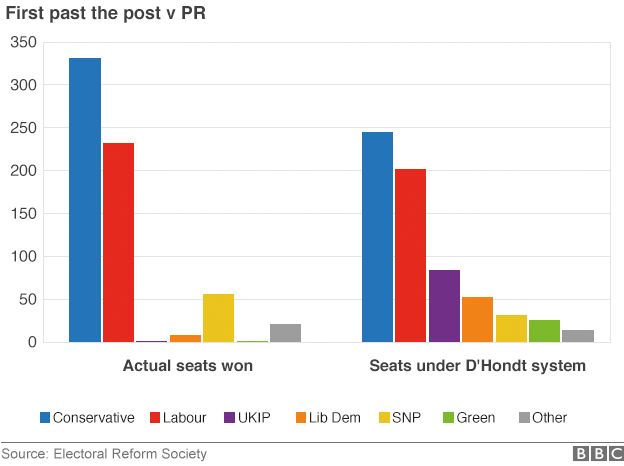


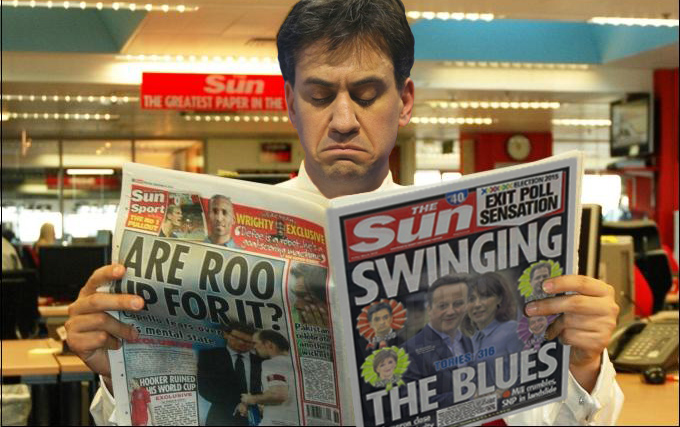




 Robert Peston
Robert Peston  BBC Breaking News
BBC Breaking News 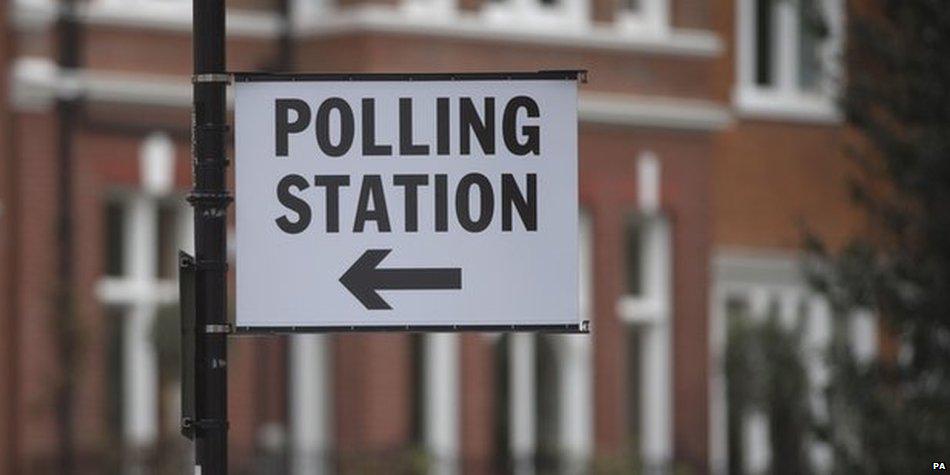
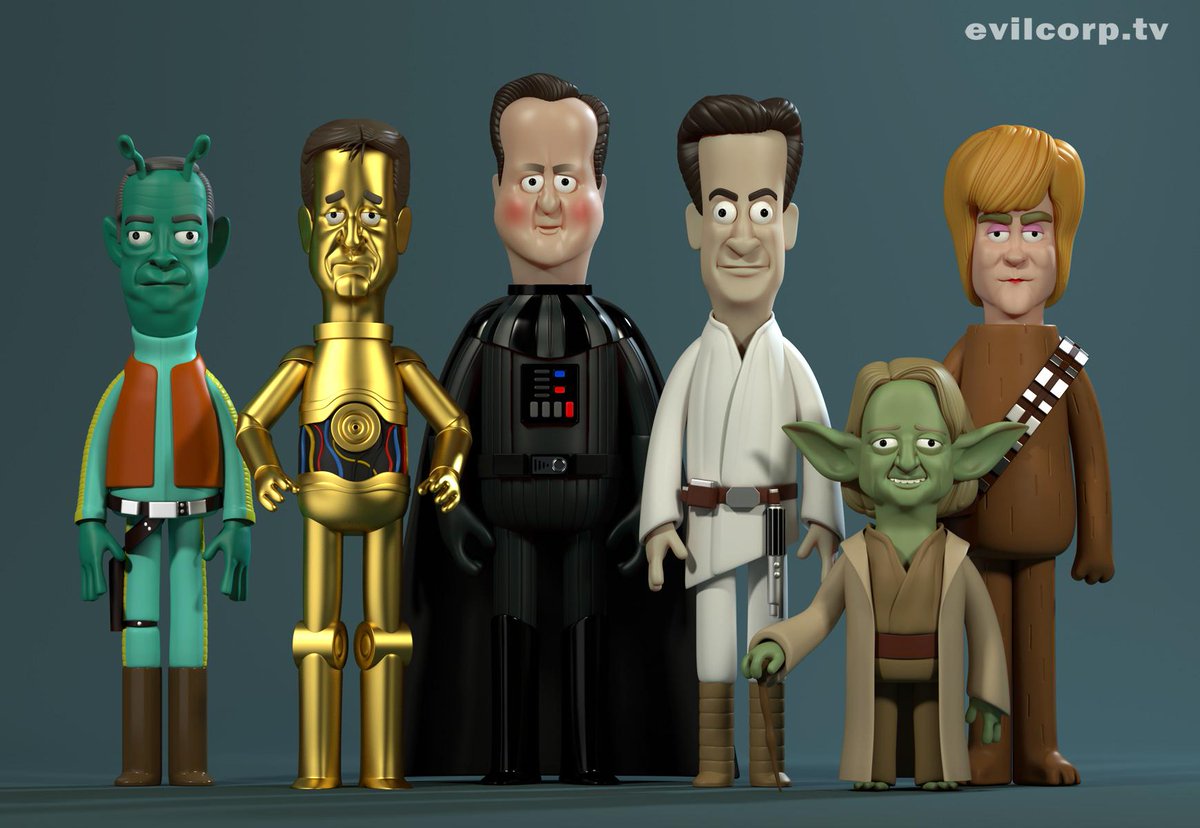
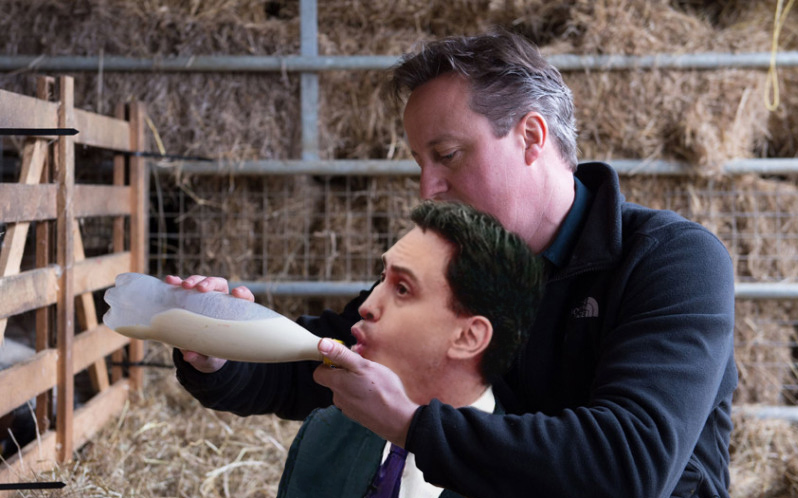
 Larry the Cat
Larry the Cat 